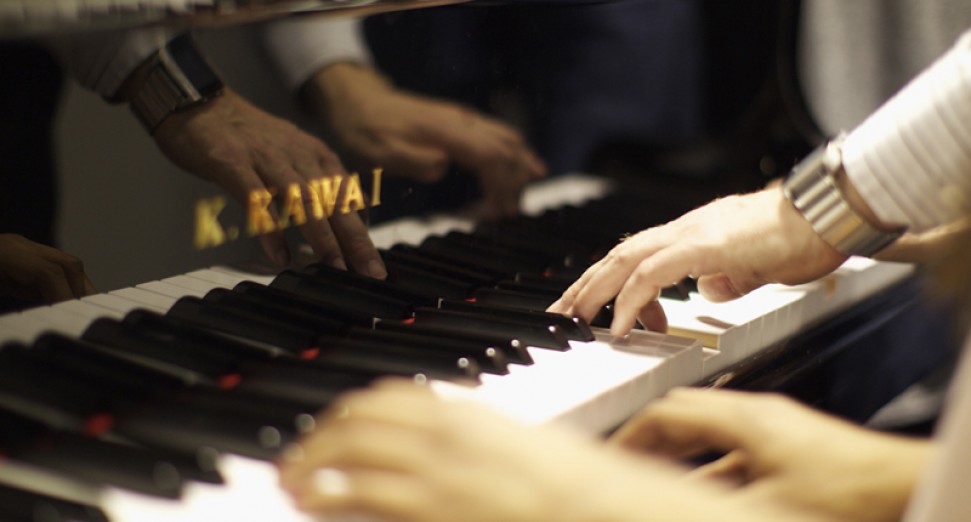
A-level Music education could disappear by 2033 due to lack of access and funding
A-level music education in schools could completely disappear in just over a decade, according to a new study carried out by researchers at Birmingham City University.
Falling access to music qualification has been accelerated by cuts to local and central government funding, fuelling fears that courses could disappear entirely by 2033 and cut a number of talented young people off from access to music and the arts in the UK.
Lead researchers Dr Adam Whittaker and Professor Martin Fautley’s findings have led a number of music academics and music industry professionals to call for an urgent intervention and package of policy and funding measures to support the UK’s state music education system.
Speaking about the research, Dr Whittaker said: “We know from trends in A-level uptake over the last few years that the number of pupils taking A-level music has fallen to a very concerning level. We are now in a position where there are parts of the country with very limited access to A-level music or, in some cases, no access at all.
“Children can’t choose a qualification that isn’t offered to them. What is the child who wants to take A-level music to do if the nearest school offering it is 30 miles away? We need A-level music, and other specialist subjects, to be offered in a range of schools right across a local authority area. This is important as A-level music can support young musicians to pursue music in higher education and their future careers, including as the next generation of music educators.”
Within their research, Whittaker and Fautley claim that “those who lack the means to support private instrumental study are unlikely to have sufficient income to pay for independent school fees, even if a bursary supports them to a greater or lesser extent”. They add that “the current rates of decline in entries in recent years shows A-level music is likely to have zero entries by 2033 if the current rate of decline continues in a linear manner.”
Elsewhere in the report, it’s revealed that independent schools account for a disproportionately high number of A-level music entries when compared to national entry statistics, potentially closing off music education to a certain section of society.
The proportion of students taking music education in the Midlands has also dropped to just 1%, according to Whittaker and Fautley, as a result of a decline in the number of schools and colleges offering the course as an option – in line with national uptake.
Responding to the report, UK Music Chief Executive Jamie Njoku-Goodwin said: “There has been a worrying decline in the number of young people studying music at A-level in recent years. Unless action is taken to reverse that trend, there is a real risk of serious damage to the talent pipeline on which the music industry relies.”
You can read the full report here.



